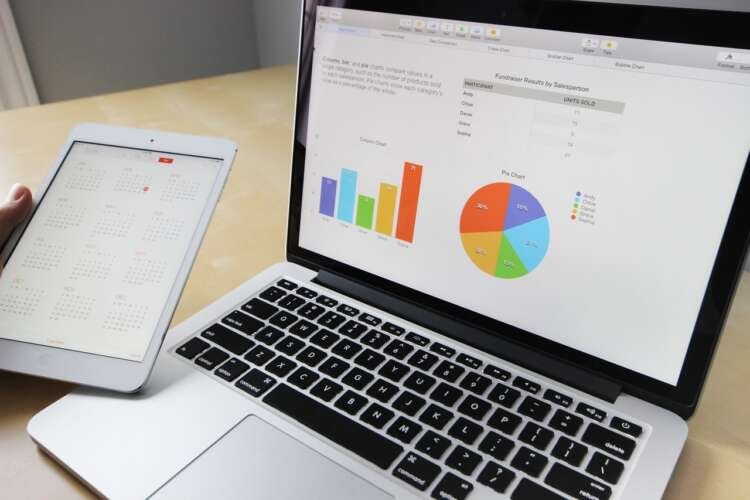Using an economic calendar – How can it help when trading?


Participants in the financial markets are constantly monitoring the release of economic indicators, that is natural. How the economy evolves has the potential to influence asset prices. At the same, because activity in the market tends to spike when figures are released, it can provide opportunities...
Participants in the financial markets are constantly monitoring the release of economic indicators, that is natural. How the economy evolves has the potential to influence asset prices. At the same, because activity in the market tends to spike when figures are released, it can provide opportunities to take advantage of short-term momentum bursts.
However, although things look simple at first glance, there are some important aspects to consider when integrating the economic calendar into a trading regime. Here are three noteworthy tips that might be helpful, given the current uncertain economic landscape.
Monitor important releases
Not all indicators have an equal impact on prices. Some stand out, depending on what’s relevant for the market. Right now, the focus all around the world remains on inflation, so economic indicators like Consumer Price Index (CPI), Producer Price Index (PPI), core inflation, and others are of great importance.
Adding to that, GDP, employment stats, housing market indicators, and industrial figures can also make some asset prices more active. The good news, though, is that when these releases are public, the economic calendar is usually updated.
Brokerages like XPro Markets offer a calendar directly on their website, so traders have swift access to information at all times. Faster access to data means they can understand changes rapidly and also analyze market developments from an early stage.
Setting up a plan based on the calendar
According to analysts at XProMarkets, the lack of preparation is one of the main reasons why retail traders are caught by surprise many times. As a result, it is a good idea to have a game plan, setting it up ideally before a new trading week starts. In this case, traders can know when price volatility is predicted to spike, because market participants tend to get more active around the release of economic indicators.
If expectations are positive, so will the price action be, given the market prices in potential positive news. In case actual numbers exceed expectations or, alternatively, disappoint, new opportunities can emerge because the market starts a repricing process.
Especially for traders who are new or inexperienced, it is recommended to wait until the actual figures are out. Navigating the market prior to that can put you in a difficult position many times.
Putting actual numbers into a broader context
When positive news comes out, retail traders scramble to buy assets, afraid of missing out on a rapid surge. A good example is the release of US inflation rates, which hit a 40-year high of 7.9%. Although most traders tend to think this is positive for financial companies and bad for tech names, the reality on the ground is completely the opposite.
Tech stocks have been surging higher for two consecutive weeks now, while financials are struggling, as the market takes into account narrowing spreads between short and long-dated yields. The lesson here is to make sure that economic releases are being integrated into a broader context. Many times, figures like these don’t dent market moves right away.
This is a Sponsored Feature.
Explore more articles in the Trading category











